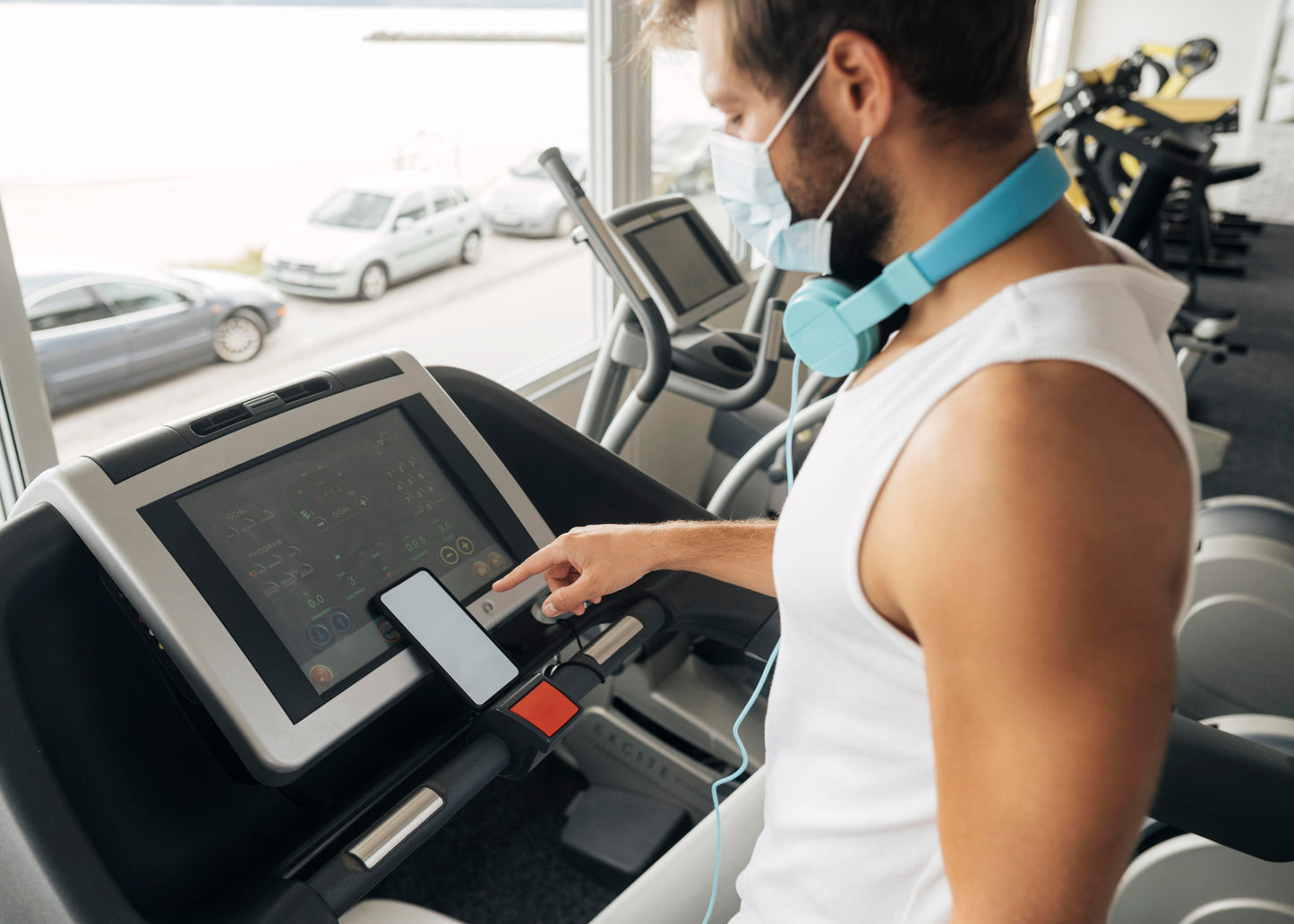mydoctorlab
TMT Treadmill Test
TMT Treadmill Test
Couldn't load pickup availability
A Treadmill Test (TMT), or Exercise Stress Test, is used to assess how your heart responds to physical stress. This test measures the heart's performance under exercise conditions, allowing doctors to identify potential issues related to blood flow, blockages, or irregular heart rhythms that may not be apparent at rest.
Purpose of the TMT
The TMT is mainly used to:
- Detect coronary artery disease (CAD), where blood flow to the heart may be blocked or narrowed.
- Evaluate exercise tolerance, especially in people with known heart conditions or those experiencing chest pain, breathlessness, or fatigue.
- Assess heart rhythm problems (arrhythmias) triggered by physical activity.
- Monitor the effectiveness of ongoing heart treatments or medications.
How the TMT Works
- Electrocardiogram (ECG) Setup: Electrodes are attached to your chest to continuously monitor your heart’s electrical activity.
- Walking on a Treadmill: You will walk on a treadmill that gradually increases in speed and incline. This increase simulates physical stress on the heart, allowing the doctor to observe how your heart handles it.
- Heart Rate, Blood Pressure, and ECG Monitoring: Throughout the test, your heart rate, blood pressure, and ECG readings are monitored.
What to Expect
- Duration: The entire test, including preparation, takes about 30-45 minutes. The treadmill portion typically lasts between 10-15 minutes.
- Symptoms During the Test: As the test progresses, you may feel out of breath, and your heart rate will increase. If you experience chest pain, dizziness, or any other concerning symptoms, inform the technician immediately.
- Stopping Criteria: The test may be stopped if you reach a target heart rate, develop symptoms, or if the cardiologist decides based on ECG findings.
Preparation for the TMT
- Clothing: Wear comfortable clothing and exercise shoes.
- Diet: Avoid heavy meals and caffeine for at least 2-3 hours before the test.
- Medications: Your doctor may advise you on which medications to take or avoid before the test.
Aftercare
Once the treadmill portion is completed, you'll be monitored for a few minutes while your heart rate and blood pressure return to normal. Based on the test results, your doctor may discuss further diagnostic tests or treatments.
The TMT is valuable for diagnosing or ruling out cardiac conditions and helps guide treatment decisions for optimal heart health.
To book a test at affordable rates, you could check services at MYDOCTORLAB for low-cost medical tests and home collection services. Convenient booking options and ensure accurate results while maintaining affordability.
Share


